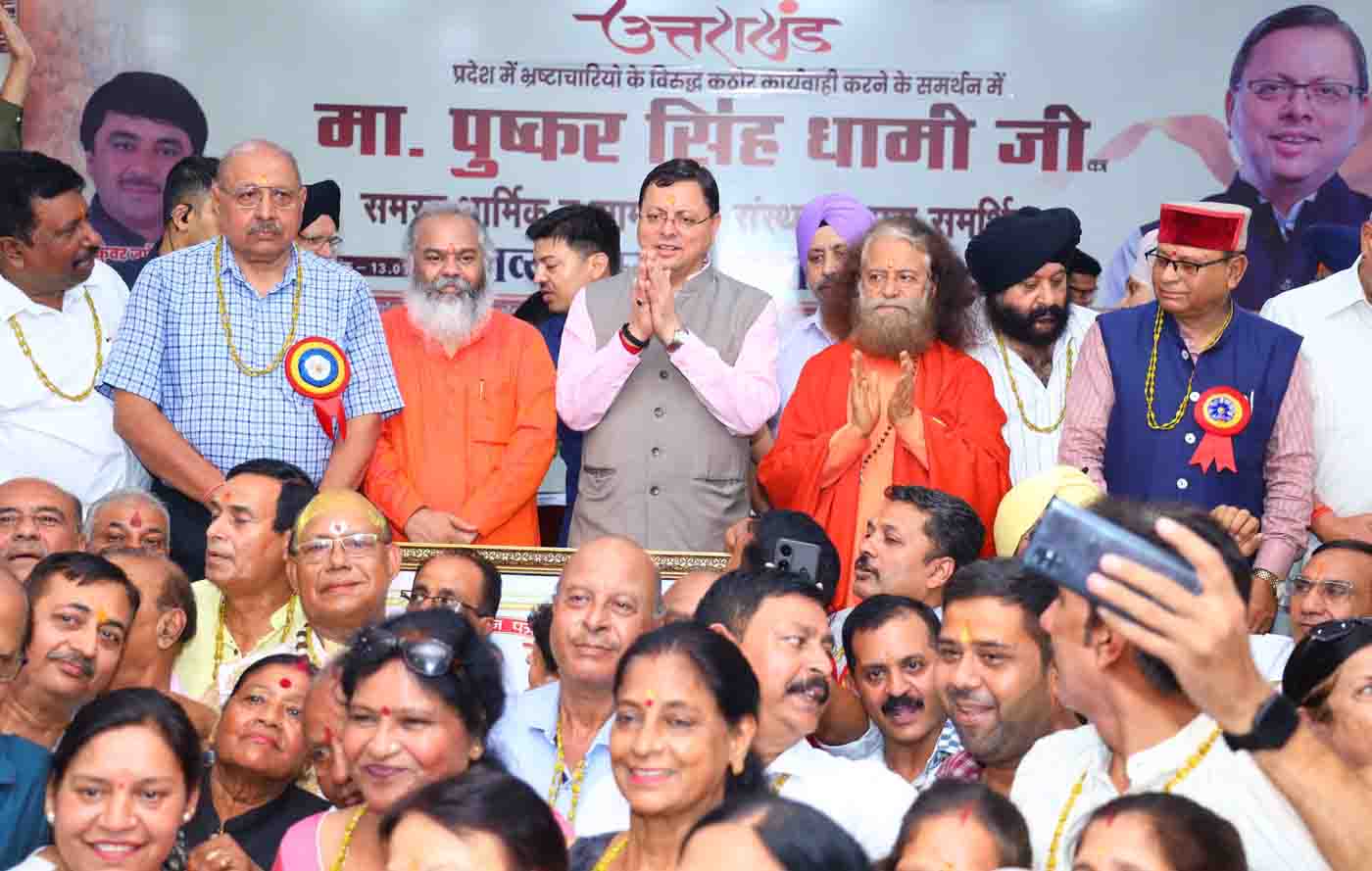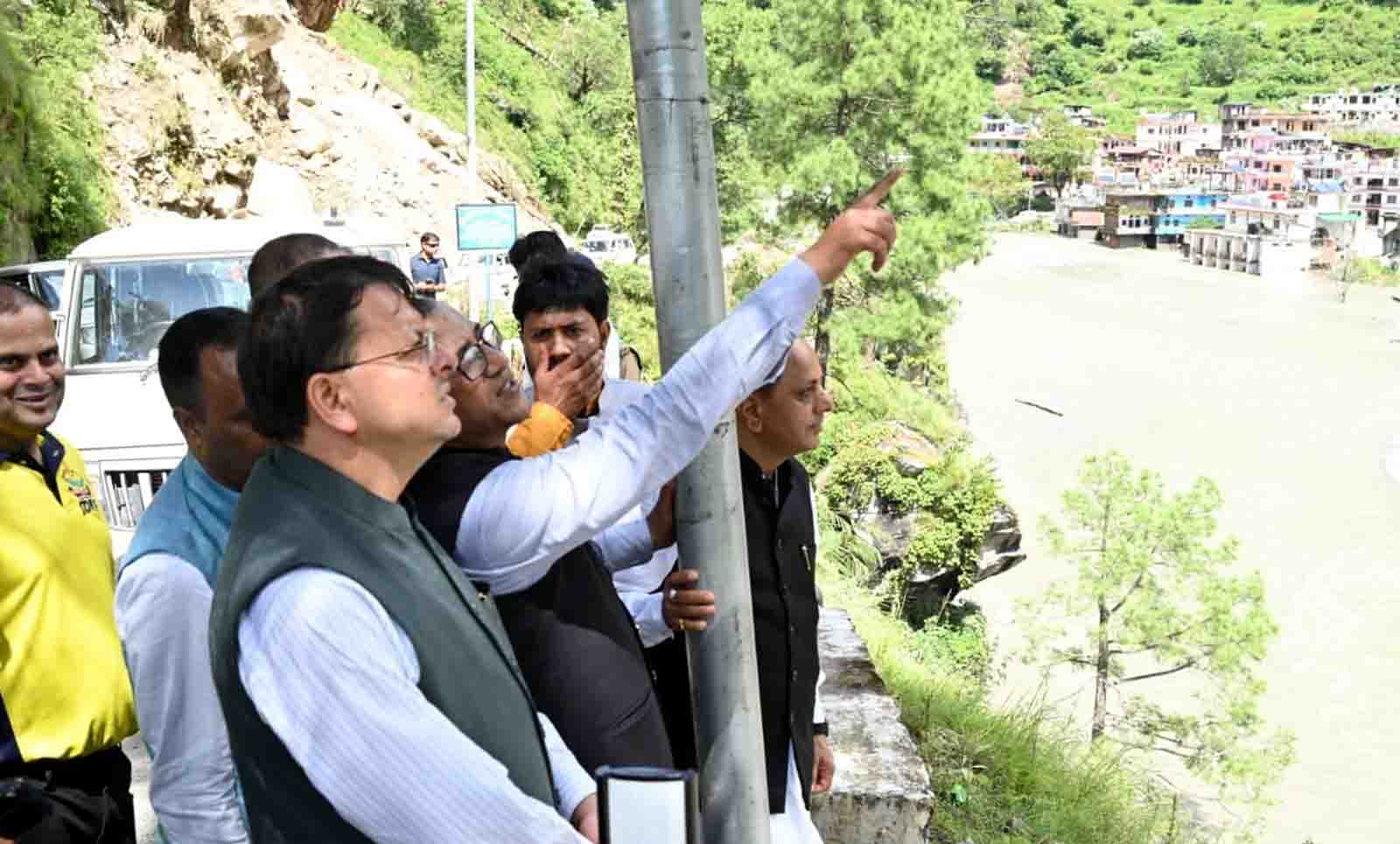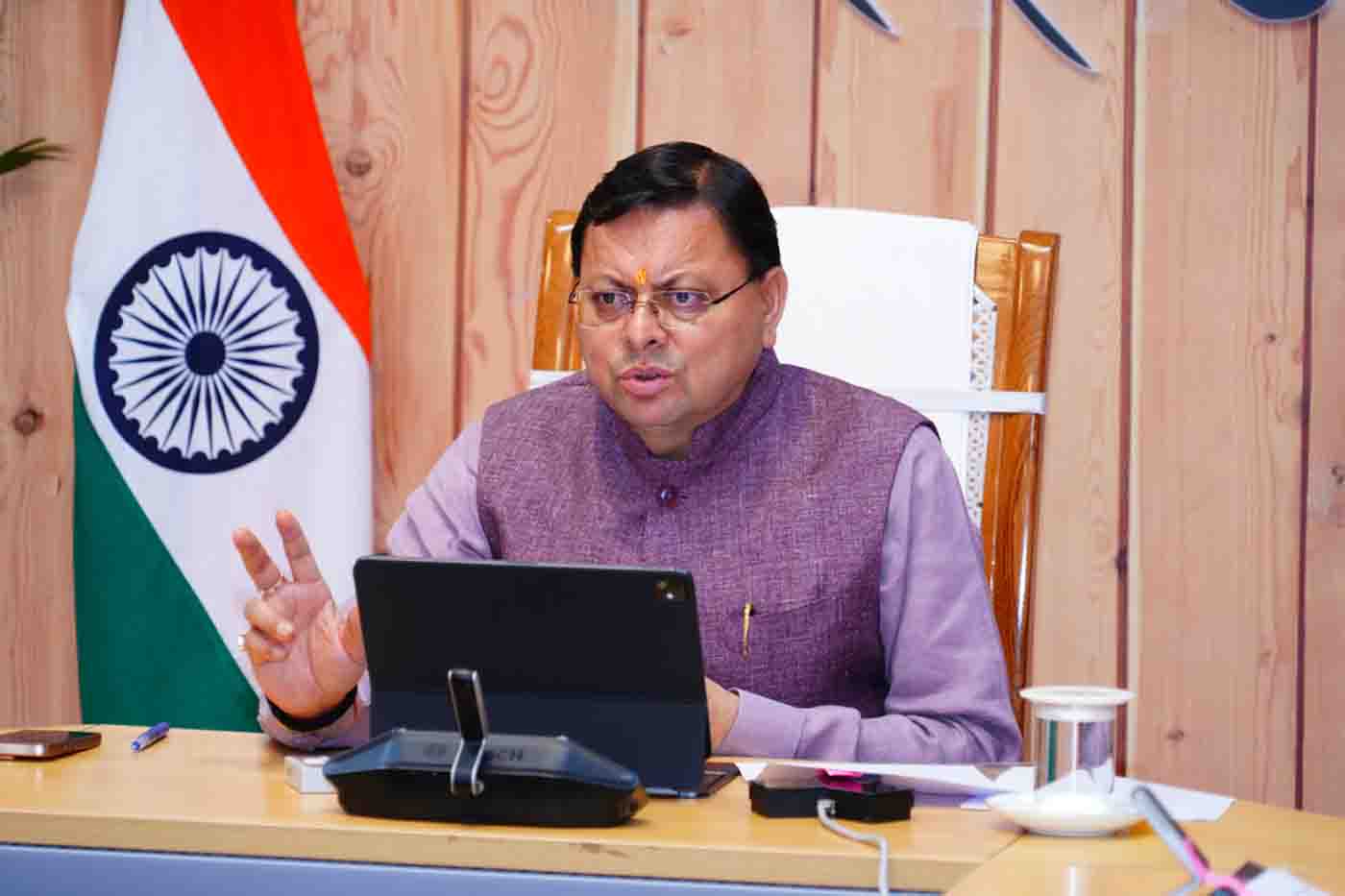Monday, 11 NOVEMBER 2024 | PURNIMA BISHT | DEHRADUN The recent demand by Vishwa Hindu Parishad activists in Champawat district for a ban on male tailors taking measurements for women’s clothing has sparked a debate. While some argue that this is a necessary step to protect women from harassment, others believe that such a measure may perpetuate unnecessary gender divisions. A similar demand was first made in neighbouring Uttar Pradesh a few days ago. The Pioneer spoke to some women from different backgrounds to understand their viewpoints on the issue. A 22-year-old Nainital resident Priya Adhikari said that she finds this proposal troubling. “While women’s safety is crucial, this is not the solution. By creating gendered rules for something as basic as tailoring, we may be reinforcing harmful stereotypes. Most male tailors are professionals who treat their customers respectfully. Some of them have been working as tailors for decades. We should focus on educating both men and women about respectful behaviour rather than imposing gender based restrictions. Empowerment does not come from segregating tasks but from fostering respect and equality,” she said. Dehradun resident Meeta Sharma said that a ban seems like an overreaction to harassment cases. “It assumes that all male tailors are potential threats, which is not the case. Yes, harassment is a real issue but the solution lies in promoting accountability and training within the tailoring community, not in banning men from doing their jobs. Women should feel empowered enough to speak up about harassment, not be treated like they need extra protection for every trivial interaction,” she said. A housewife from Dehradun, Anju Rana said that she understands the concern but there is a need for a broader approach. According to her, the focus should be on ensuring women feel safe and confident in reporting harassment, not on restricting the involvement of male professionals in certain tasks. She said, “If we start segregating roles based on gender, we are only contributing to the problem of inequality. We need societal change, not just policy changes that divide us further.” A Raipur resident Swati Kumari, who has opened a small boutique at her home said that such a ban can hurt the livelihood of small business owners who are men. She stated, “Many small tailors work alone and cannot afford to hire a female assistant just for taking measurements. Many small-scale tailors rely on their current setup and the extra cost of hiring a female tailor would be unsustainable. Tailoring is a male-dominated profession, especially in smaller towns and implementing such a rule will only burden us further. Instead of such drastic measures, better training and awareness programmes for male tailors could be a more practical solution.” However, some women also support the demand of making it mandatory that only women tailors can take measurements of female customers in a tailor shop. Homemaker Anshu Dhiman said that this demand makes sense, especially in places where women’s safety is often overlooked. “In many cases, women hesitate to report harassment due to social pressures and tailor shops have often been sites of uncomfortable experiences. If having female tailors measure women ensures that they feel safer and more comfortable, then why not? This can be a small but significant step in prioritising women’s comfort and safety,” she added. Another housewife Vanshika Rawat said, “As a woman and a mother of two daughters, I can understand the discomfort some might feel when getting measured by a male tailor. It is not just about the physical touch but also the vulnerability of the situation. This rule might seem extreme but it highlights the need for women’s safety in all spaces. If it helps women feel less uncomfortable, then it is worth considering. We should be open to solutions that safeguard women, even if they seem unconventional.”
Women divided over ban sought on male tailors in Champawat – myuttarakhandnews.com | Uttarakhand News in English | Dehradun News Today| News Uttarakhand | Uttarakhand latest news




